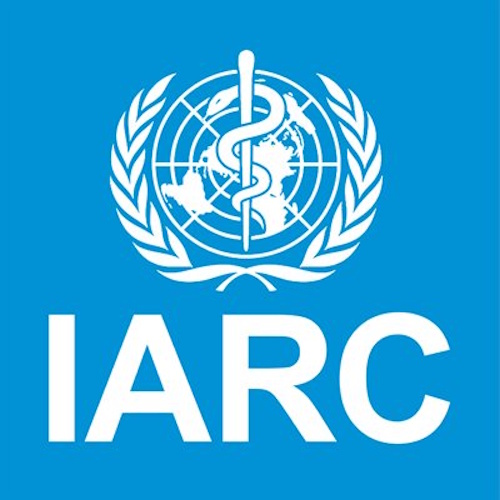Key points from article :
Australian researchers conducted the most extensive review to date on mobile phones and cancer risk. Commissioned by the World Health Organization (WHO), the study analyzed 63 observational studies on mobile phone use and cancer, spanning from 1994 to 2022.
The team sifted through over 5,000 studies, retaining only the most scientifically sound to avoid biases and weak conclusions. This comprehensive analysis focused on cancers in the central nervous system, including the brain, meninges, pituitary gland, ear, and salivary glands.
The researchers concluded that there is no significant association between mobile phone use and an increased risk of brain cancer or other head and neck cancers, even among long-term users or those with high daily usage. Despite the rapid rise in mobile phone use over recent decades, brain tumor rates have remained stable, which supports their findings.
This conclusion counters earlier, limited studies that suggested a possible link, which led to public fears and WHO's International Agency for Research on Cancer (IARC) labeling radio-frequency electromagnetic fields as a "possible carcinogen" in 2011.
Further investigations are underway, examining other cancer types, including leukemia and non-Hodgkin lymphoma, to address any lingering concerns about mobile phone radiation and public health.










